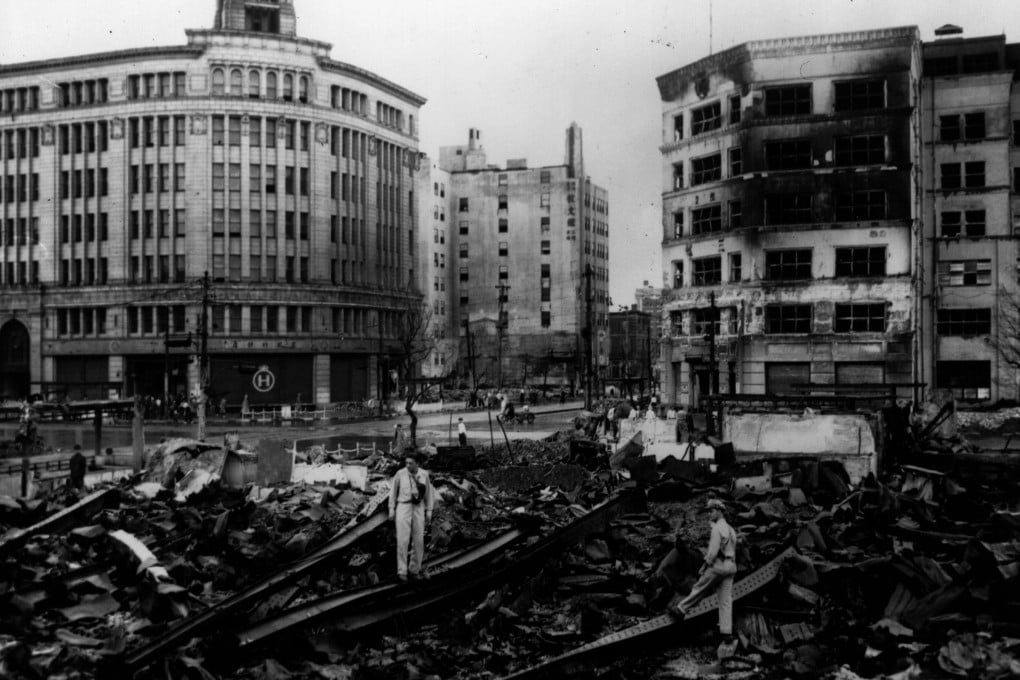To understand Tokyo, grasp the impact of Japan’s occupation after its defeat in World War II, says the author of a neo-noir crime trilogy set in the city in the 1940s
- British author David Peace’s Tokyo redux completes a trilogy begun 14 years ago. The books are the fruit of his obsessive search for traces of the city’s past
- In Tokyo Redux, a beaten down American detective worthy of a Dashiell Hammett novel investigates the mysterious killing of a Japanese corporate boss

Tokyo Redux by David Peace, pub. Knopf
With Tokyo Redux, David Peace’s dark, deep and often twisted neo-noir Tokyo trilogy set in post-war Japan reaches its apotheosis. Peace is partly relieved.
The series, based on true stories and still unsolved crimes, has absorbed 14 years of his life. Speaking from his home in Tokyo, the Yorkshire-born British author says: “The crimes that form the focus of the three books are central, but it’s the period that is omnipresent.”
That period is that of the American Occupation of Japan, from 1945 to 1952, when American soldiers patrolled the streets and General Douglas MacArthur was the Supreme Commander, eclipsing even the emperor in power. Crime and vice ran rampant, fuelled by poverty, desperation and an overwhelmed police force. “It’s a key moment in the country’s modern history, though often overlooked, especially outside Japan,” Peace says.

He believes that to understand Tokyo now it is imperative to comprehend the impact of the occupation: “From the limitations on Japan’s military, to the seemingly incongruous persistent strength of the Communist Party in Japan, you have to appreciate that this contemporary Japan is a post-war society forged in those years of the occupation.”
